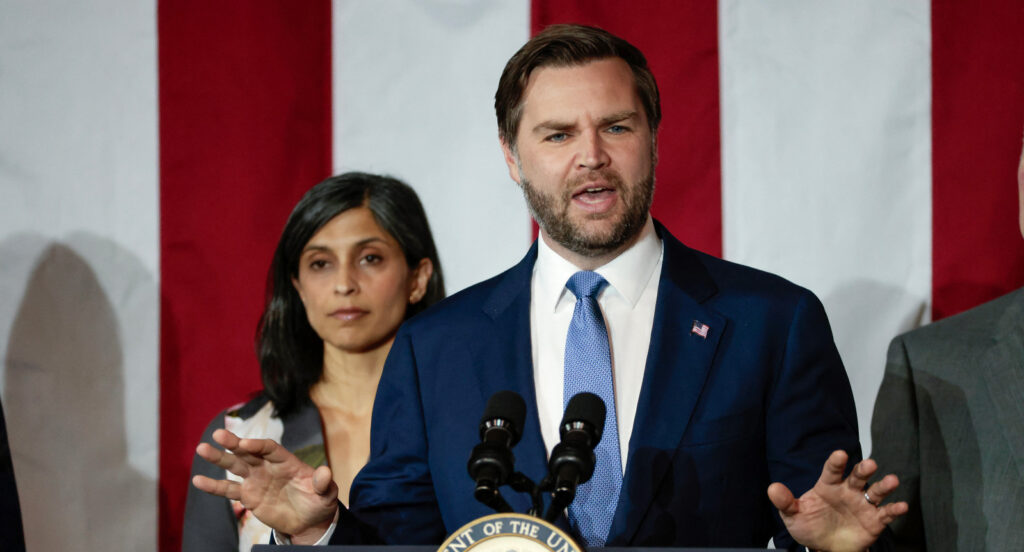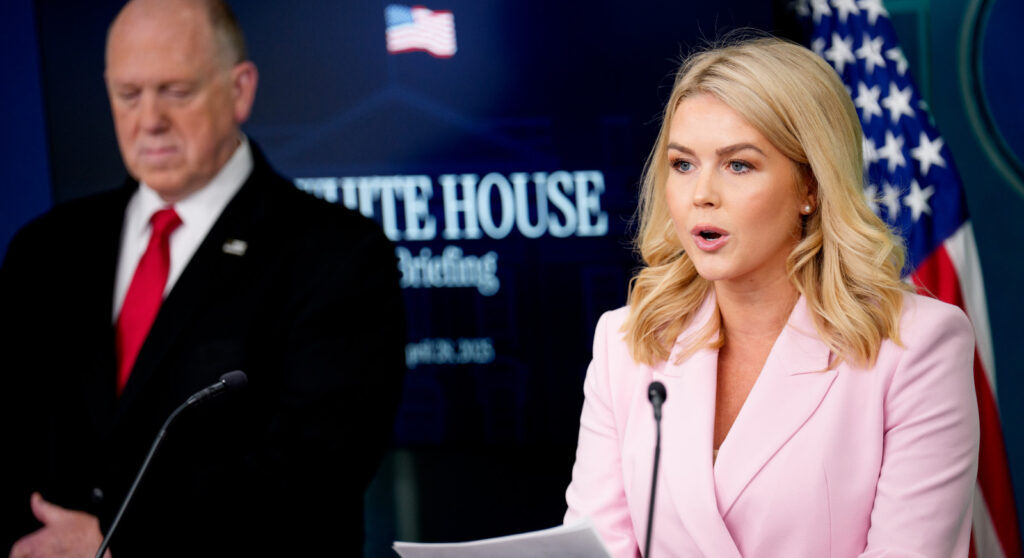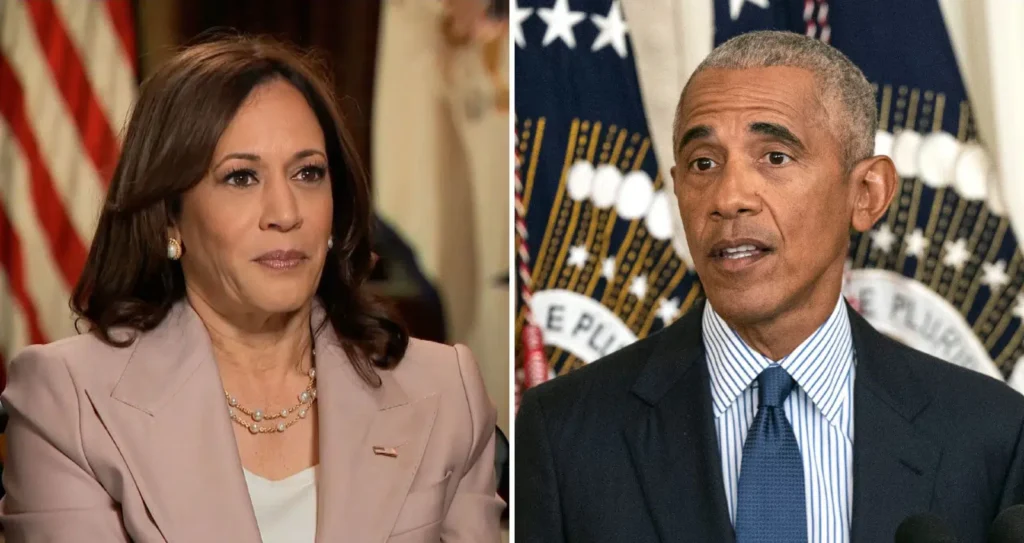ABC’s recent decision to cancel *The View* marks a significant shift in programming, closing the chapter on a talk show that has generated both devoted viewership and strong criticism over the years. Known for its heated discussions on current events and cultural issues, *The View* became one of ABC’s most talked-about programs since its debut in 1997. Originally created by broadcast legend Barbara Walters, the show was intended to bring together diverse perspectives from a panel of women discussing news, entertainment, and lifestyle topics. However, as public opinion has shifted over the years, so has the audience’s perception of *The View*, with some labeling it “the worst show on television” due to its increasingly polarizing discussions and contentious on-air debates.
Nearby concert tickets

*The View* has had a unique format that set it apart from other daytime talk shows, bringing together voices from various generations and political backgrounds. The diversity of opinions led to lively discussions, often resulting in intense debates that became some of the show’s most memorable moments. Despite its success, however, *The View* has faced substantial criticism for its tone and handling of sensitive topics, with some viewers feeling that the debates have at times crossed the line into unproductive confrontations. Critics argue that the show’s format has amplified tensions rather than fostering understanding, with some episodes leading to viral moments that highlight the show’s tendency toward controversy rather than constructive dialogue.
ABC’s CEO recently addressed this criticism, acknowledging the mounting discontent around *The View*’s format and public image. In a statement, he noted that the time had come to reassess the network’s direction, making the decision to end the show after years of both praise and controversy. By canceling *The View*, ABC hopes to explore new formats that resonate better with today’s audiences, particularly as viewers increasingly seek programs that inform and entertain without divisive conflict. With media consumption evolving rapidly, the network aims to appeal to a broader demographic that values insightful, balanced perspectives on news and culture.
The cancellation also speaks to broader trends in the television industry, where networks are responding to changing audience expectations and competition from streaming platforms. In today’s media environment, where audiences can easily access a wide variety of content, traditional TV shows must work harder to retain viewer loyalty. ABC’s move to end *The View* and shift focus to new programming reflects an effort to adapt and remain relevant amid evolving viewer preferences. With this change, ABC is likely to experiment with other formats, potentially reimagining daytime talk shows or pursuing different approaches to news and cultural discussions.
While *The View* maintained a loyal following for over two decades, the increasing polarization of its content alienated some viewers, and the show struggled to balance its commitment to open discussion with the risk of alienating audience segments. This decision to cancel *The View* marks the end of an era for ABC’s daytime lineup, opening the door for new programming that can carry forward the network’s values with fresh appeal. The network has hinted that future shows will continue to include diverse perspectives but with a greater focus on constructive dialogue and engagement.
As ABC prepares to move forward, the legacy of *The View* remains complex: a groundbreaking show that sparked conversation and captured the cultural zeitgeist, yet one that also became a focal point for debate about the role of media in shaping public opinion. The end of *The View* represents not only a new direction for ABC but also a reflection of changing expectations in television as networks seek to adapt in an ever-evolving media landscape.



